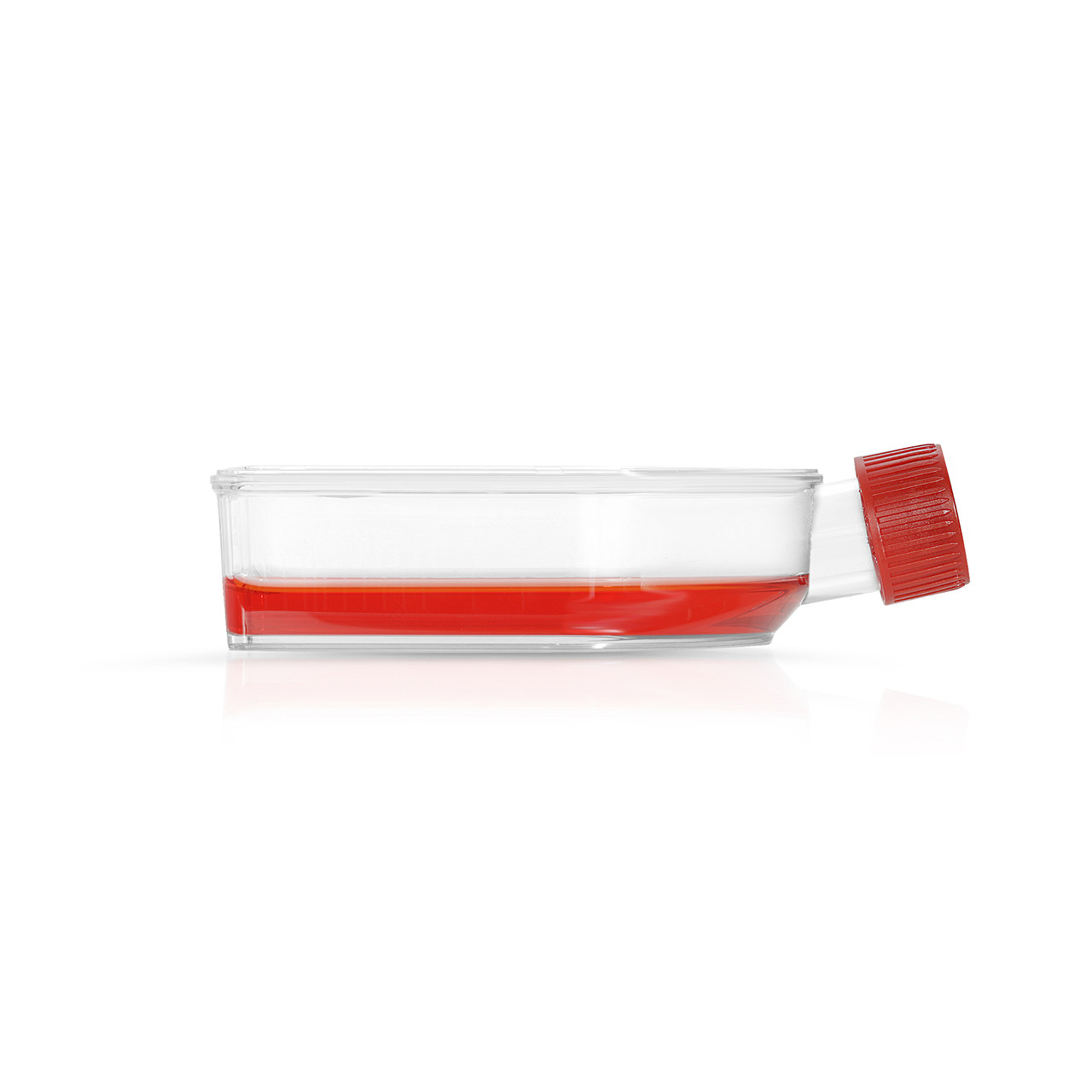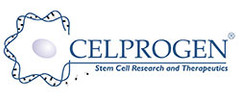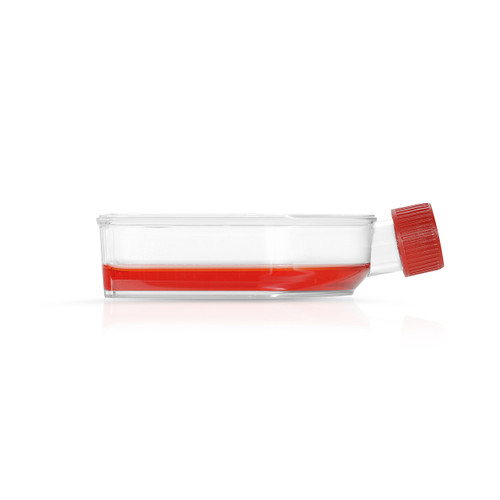- Home
- Life Science
- Cancer Stem Cells
- Cells
- Cancer Stem Cells
- Human CSC
- Human Colon Cancer Stem Cell - T75 Plated Cells


Human Colon Cancer Stem Cell - T75 Plated Cells
$909.56
- SKU:
- 36112-39-T75






